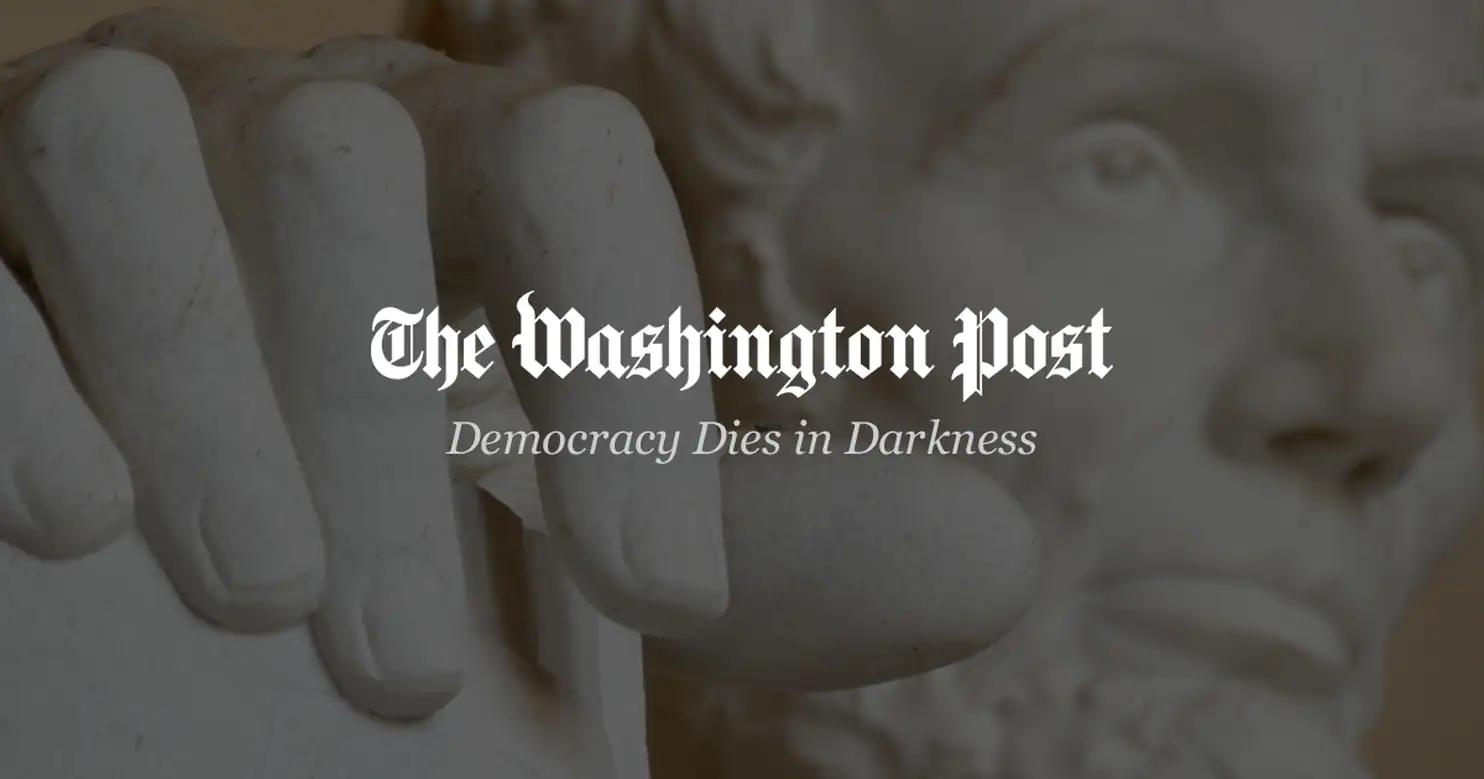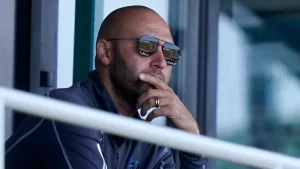Instead, Manchin is the odd politician whose public pronouncements, whether in brief Capitol hallway interviews or in detailed prepared statements, carry more weight than whatever he tells his colleagues in private.
This reality came crashing back into play late Thursday when The Washington Post’s Tony Romm and Jeff Stein broke the news that Manchin told Schumer he could no longer support big pieces of their emerging budget bill that would address climate change and raise taxes on the wealthy.
For a few months, Schumer has tried one-on-one talks with Manchin on a slightly slimmed-down version of President Biden’s Build Back Better agenda, focusing on a few health-care items, incentives to rein in climate change and raising taxes on the wealthy. Schumer took on this assignment after the disastrous end to talks that Biden and his senior advisers led last year with Manchin and other Democratic holdouts on the full $2 trillion agenda that included expanded child tax credits, universal pre-K education and more.
Ultimately, just like those White House-led talks, the newer Manchin-Schumer negotiations broke down over the centrist senator’s panic over surging inflation. As Manchin said Friday on a West Virginia radio show, Democrats could take a small deal now that would lower prescription drug costs and shore up health-care premiums, or wait until September to see whether inflation had cooled down enough for him to support a bigger plan.
While some Democrats reacted with rage on Friday, a few said they learned their lesson long ago.
“It’s what, unfortunately, I saw back in December,” Rep. Pramila Jayapal (D-Wash.) said after the House finished its weekly session.
The leader of the congressional Progressive Caucus, Jayapal engaged Manchin in several private talks in the late fall about his support for the BBB agenda. She came away believing him and threw her support behind pushing a $1 trillion bipartisan infrastructure plan that her caucus felt insufficient to addressing climate issues, but she trusted Biden’s own word that he would deliver Manchin for the more ambitious legislation.
A few weeks later, after Biden signed the bipartisan bill into law, Manchin bailed on the broader agenda.
So she was not surprised.
Manchin, Jayapal said, “is not an honest negotiator … somebody who lies to his own president about being willing to get something done and then consistently shows over and over again that he’s not interested in carrying out the Democratic Party agenda.”
Another key Democrat pleaded for all these talks to stay behind closed doors.
“I think the problem has been this continued effort to negotiate in public in the Senate,” said Rep. Richie Neal (D-Mass.), chairman of the House Ways and Means Committee. “It’s the public commentary afterward — we’re near a deal, we’ve got a deal, we’re on the eve of a deal, we’re close to a deal — only to discover that it falls apart.”
But in private, Manchin often allows other negotiators to hear what they want to hear. He says nice things about certain proposals, talks about wanting to get a deal, creating what turns out to be false momentum for the really big deal.
Out in the hallways, after those meetings, Manchin has continually delivered more neutral assessments of where things stood.
His comments to the press Wednesday, after the latest scorching inflation report showed prices continuing to rise, telegraphed his decision Thursday to support only the slimmest of measures.
“I’m very, very cautious. And I’m going to make sure that I have every input on scrubbing everything humanly possible that could be considered inflammatory,” Manchin told reporters that day.
He said it was “not tougher at all” to reach a deal after that inflation report because it only confirmed his fears that he has been talking about for months.
“I was talking about inflation before it was even thought about it. Now I’m more concerned than ever,” he told reporters.
Over the past two years, the Senate has seen several major bipartisan proposals in which ad hoc groups negotiated the frameworks, on pandemic relief in December 2020, infrastructure last year and on gun violence in June.
Manchin was a party to each of those talks but never served as the lead Democrat who clinched the deal.
As the Schumer-Manchin talks started to heat up, the majority leader played the “good cop” role and voiced continued optimism. That helped feed a cycle of belief among other senators, aides and lobbyists working the legislation that a deal would be at hand by the end of July, pushing a steady stream of media stories advancing this view.
“Very good and productive discussions,” Schumer told reporters in late June, before adding an important caveat. “But there are still some issues that have to be resolved.”
Manchin responded to Schumer’s assertions through a staff statement that both sides interpreted however they wanted: The senator, the aide said, “continues to engage in respectful conversations about the best way to move our country forward but is still seriously concerned about harmful inflation taxes hurting Americans.”
Optimists saw him leaning in, figuring the “seriously concerned” portion of the statement was just Manchin using negotiating tactics for leverage. Realists, like Jayapal, viewed that with great hesitation.
“All along I’ve said show me a deal,” she told reporters Friday.
By July 7, Manchin had to issue a formal statement trying to reel expectations back. “Suggestions that a reconciliation deal is close are false,” Sam Runyon, a spokesman for Manchin, said at the time. “Senator Manchin still has serious unresolved concerns, and there is a lot of work to be done before it’s conceivable that a deal can be reached.”
Schumer did not give up and believed this week could prove victorious, scheduling calls and video meetings with Manchin even as he quarantined at home in New York after contracting the coronavirus.
Democrats now must decide whether they accept the smaller, health-care-only deal, or wait another six to eight weeks to see whether inflation cools enough to fit Manchin’s demands.
Some want to take any deal now rather than risking coming up empty in September. If we are going to go to the altar again and not have somebody say I do, then we would have to take the immediate. So I’m open to finding out what the senator really wants,” Neal said.
During a walking scrum with reporters Wednesday, Manchin grew tired of trying to game out which proposals he would support: “That’s all. I’m done. I’m done. I’m done.”
On Friday’s West Virginia radio show, he said it more simply: If you had just listened closely enough, you’d know that he was never that close to making a deal.
“I am where I have been,” he said.


